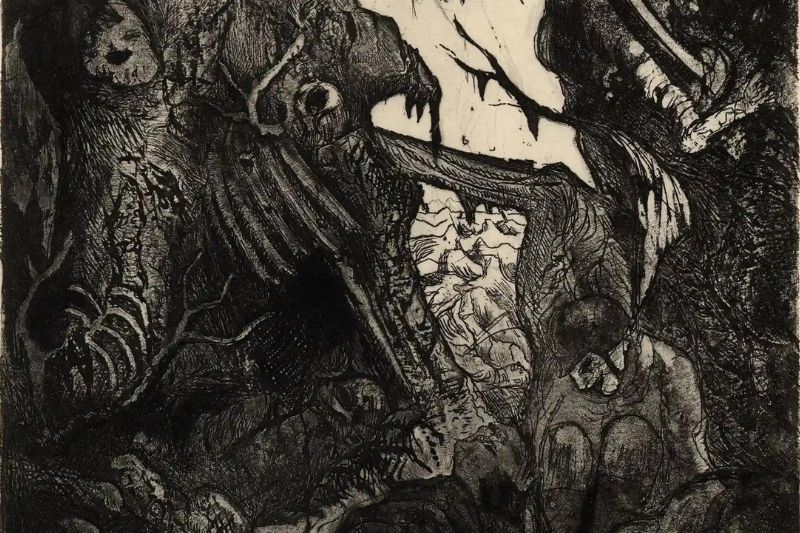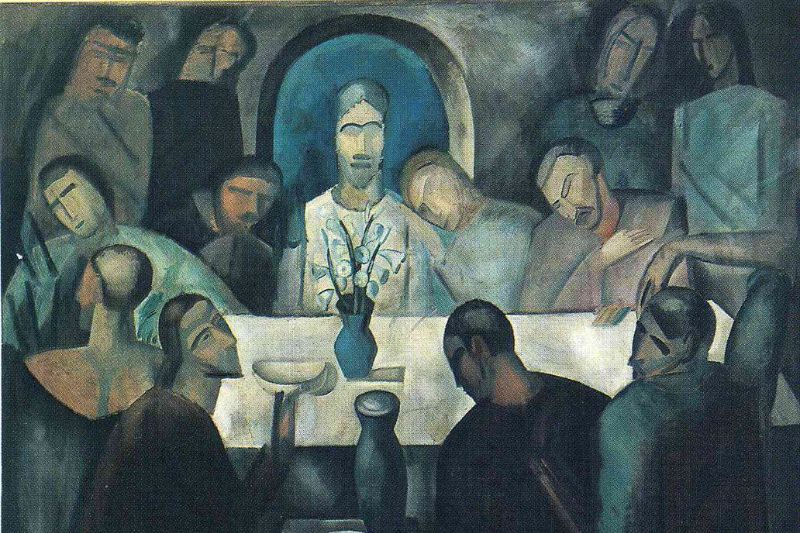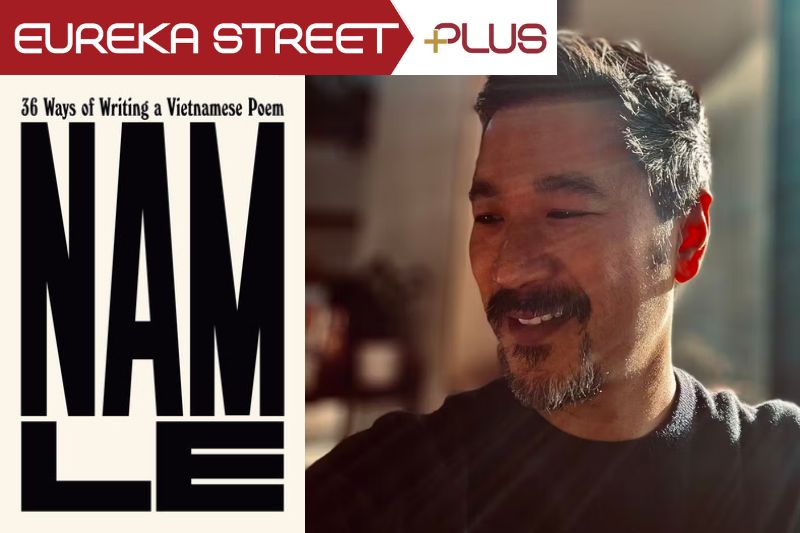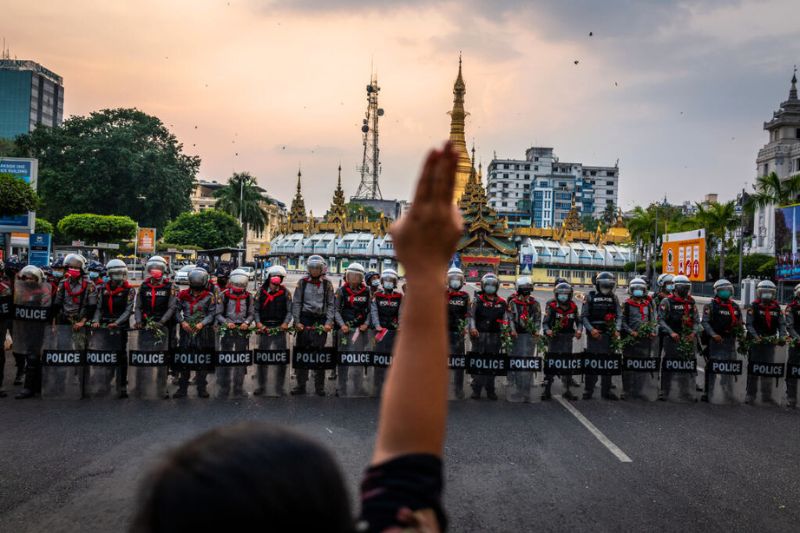Keywords: Poet
There are more than 200 results, only the first 200 are displayed here.
-

ARTS AND CULTURE
Today we leave Antarctic proper; /we’ve seen the penguins and the whales, /the icebergs in their convolutions /and thought about the Age of Sail /whose heroes nosed around down here /sniffing out a sort of fame. /Or was it just the golden oil /that burned with such a lambent flame?
READ MORE
-

ARTS AND CULTURE
- Barry Gittins
- 01 May 2024
The raw power of ‘Smells Like Teen Spirit’ blasted Nirvana past the mainstream and into the realm of music immortality. So what was it about Cobain’s music that resonated with young people in the early 90s and continues to find vast audiences 30 years later?
READ MORE
-

AUSTRALIA
- Warwick McFadyen
- 25 April 2024
How about truth as an antidote to war? Who would have stomach for it, though we see war as part of existence? The trouble with its normalisation, such as in games, both in backyards and in cyberspace, is that becomes uncoupled from reality.
READ MORE
-

AUSTRALIA
- Peter Craven
- 24 April 2024
For those born in the wake of World War II, war stories seemed the greatest fun on earth. But the pity of it is monumental and we come to take it – if not for granted – then at least as part of the fabric of minds that had met with all that was terrible in human experience and all that called out for reverence.
READ MORE 
-

ARTS AND CULTURE
- Nathan Scolaro
- 11 April 2024
2 Comments
Can a chatbot write a poem? The answer reveals something about the heart of human interaction. True connection, like true poetry, requires discomfort, vulnerability and a richness of experience that defies the simplicity of algorithms.
READ MORE
-

ARTS AND CULTURE
- Damian Balassone
- 09 April 2024
4 Comments
The rhetoric of elites / sets off his built-in shit detector. He much prefers to eat / with hookers, drunks and tax collectors.
READ MORE
-

ARTS AND CULTURE
- Peter Craven
- 05 April 2024
1 Comment
Nam Le is one of the strangest writers in the history of Australian literature and is also one of the most incandescently brilliant — which is very weird if you bear in mind that his primary claim to legendary status is a book of short fiction published in 2008. With 36 Ways of Writing a Vietnamese Poem, Le returns with a new work that encapsulates the brilliance and complexity that fans and critics have come to expect.
READ MORE 
-

ARTS AND CULTURE
Dante and Hopkins named it lavishly: Christ’s vita nuova, shared to Easter in us; Ignatius of Loyola called it: magnanimity . . . How could we then, receiving, hoard or dispense it stintingly, like Scrooge before his Christmas haunting?
READ MORE
-

INTERNATIONAL
The Myanmar civil war has left the country devastated. Three years since a military coup, Myanmar is a humanitarian catastrophe. With over 2.7 million people displaced, the UN reported that 18.6 million people need humanitarian aid, 6 million of whom are children. A report from our correspondent in Myanmar.
READ MORE
-

ARTS AND CULTURE
- Warwick McFadyen
- 13 March 2024
You open the atlas and run your fingers along the edges of continents, climb mountains, trace valleys, pause at coastlines of sand and wave. This is where you have been and this, fingers arched, is where you want to go. Death is too faint to be seen. Though you know it’s there, the undiscovered country.
READ MORE
-

AUSTRALIA
- Andrew Hamilton
- 07 March 2024
Generosity is most heartwarming when it is a habit. We see it in people whose first inclination is to give something to a beggar, to stop and listen to a hard luck story, to think first of persons affected by war and economic crises and only secondly to policy, to welcome people into their homes and to go out of their way to help.
READ MORE
-

ARTS AND CULTURE
- Paul Mitchell
- 22 February 2024
1 Comment
Since its release, audiences, critics and philosophers have grappled with Groundhog Day’s take on time and eternity. Like all great art, Groundhog Day resists easy categorisation and is a story that, in a wonderful irony, we can go to again and again.
READ MORE 